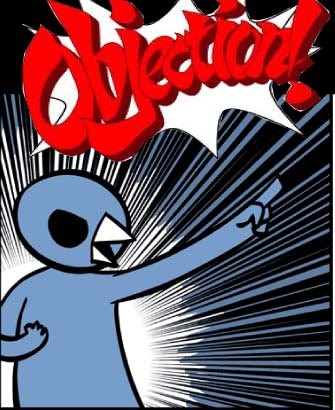BLARAGHLABLHLG
- Aspects of European expansion in the pre industrial era were: spices, manufactured goods were sought
- Aspects of imperialism in the period following European industrialization were: converting different people, and competition between different European nations.
- The shift from preindustrial to industrial imperialism was around the 19th century
- The management of colonial enterprises by the Dutch and British EIC’s were haphazard in organization, and contrary to the designs and interests of the enterprises themselves.
- The 18th century land empires in Asia were accumulated with divide and conquer tactics.
- The conquest of Java around the 17-18C.E. were the earliest example of a European empire built as a result of independent initiative of company agnates.
- The DEI were happy to be vassals of the dominating Mataram, and paid tributes. Gradually, over decades, they concentrated on gaining monopoly control over spices produced on the smaller islands of the Indonesian archipelago. Also, they worked as mercenaries for land.
- Each time the DEI fought for a prince, the prince had to give the DEI a large amount of land. This resulted, in 1750’s, a dominating dutch control of the entire island.
- The British EIC employed the same divide and conquer tactic against India
- Britain employed a more direct approach of conquest than the dutch, with outright fighting occurring. Unlike the dutch, as well, the British bought off the Indians, instead of the reverse for the Dutch.
- Plassey was a decisive battle in 1757 in which 3000 british troops and Indian soldiers defeated an Indian army of almost 50k strong. This allowed the British to take control of the fertile and populous kingdom of Bengal.
- Robert Clive was a british commander who had victories against the French in the 18th century
- The BEA company gained control of Bengal (?)
- The Mughal empire disintegrated under the threat of the british
- The cities that were administrative centers of the 3 presidencies established by the BEI were: madras, Bombay, and Calcutta.
- The british won the battle of plassey in 1757.
- Because there was no sense of Indian national identity, it was impossible for muslim or hindu rulers to appeal to the defense of the homeland or the need for unity to drive out the foreigners.
- India was the pivot of the empire built by Britain because: it had the greatest share of colonized peoples, britain’s largest and most powerful land forces were the armies recruited from the Indian peoples, and Indian ports were essential to british sea power east of the cape of good hope.
- Colonial society in India and Java before 1850 held the native social systems intact.
- Prior to 1850, the Europeans and natives frequently lived together and had open relationships with the native.
- Bristish reps of EIC who wanted to get money through exploitation and corruption.
22. Lord Charles Cornwallis
23. Evangelical, Utilitarian
24. Utilitarian philosophers who believed that there were common principles by which human societies ought to be run if decent living conditions were to be attained by all peoples at all class levels
25. France
26. 19th
27. Britain
28. Spain
29. Colonies were essential to states that wanted to be great and were seen as insurance against raw material shortage and loss of overseas markets.
30. Public opinion became major factor in govt., annexations had to be ratified by home govt.
31. In Africa, all but Ethiopia and Liberia had been taken control of.
32. Battle of Isandhlwana
33. Tropical Dependencies: areas where Europeans arrived suddenly, lived in small numbers, but were at the top of the hierarchy.
White Dominion: Good portion of land, but very few people, almost all white Europeans.
34. Areas where the natives were not killed by disease and were educated, forming a middle class. Frequent clashes between them and their European rulers.
35. Africa:
36.
37. The more items produced, the more money. (right?)
38. Due to exploitation, mining sectors grew dramatically.
39. Boers found early areas sparsely populated
40. The British kicked them out, the Zulus gave fierce resistance, and gold and diamonds were discovered. (also, missed the whole industrial rev.)
41. Orange Free State, Transvaal
42. Alcoholism, prostitution decimated pop.
43. James Cook
44. KAMEHAMEHAH!!!!!!!!!!!

Online quiz has a lot of your wrong answers/missing ones; not like it matters now.
ReplyDeletei love you guys!!!
ReplyDelete